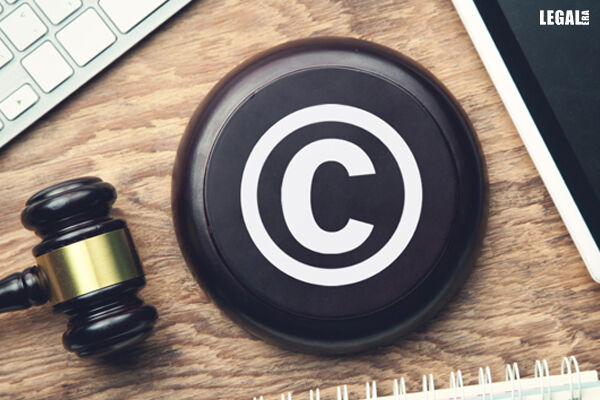
MiniMax AI accused of pirating iconic Hollywood characters in landmark lawsuit
Major Hollywood studios allege large-scale piracy of copyrighted characters by AI image and video generator
In a significant legal move, Disney Enterprises along with 11 other prominent entertainment companies have filed a lawsuit against Chinese artificial intelligence (AI) image and video generator MiniMax. The complaint, submitted last week to the U.S. District Court for the Central District of California, alleges widespread and wilful copyright infringement through MiniMax’s commercial AI service, Hailuo AI, which is accused of “pirating and plundering” copyrighted works on a massive scale.
Plaintiffs and Scope of the Lawsuit
The plaintiffs include major Hollywood studios and subsidiaries such as Disney’s Marvel Characters, Lucasfilm, Twentieth Century Fox, Universal City Studios Productions, DreamWorks Animation, Warner Bros. Entertainment, DC Comics, The Cartoon Network, Turner Entertainment, and Hanna-Barbera Productions. Collectively, these companies represent the largest segment of the American motion picture industry, which, as highlighted in the complaint, has contributed more than $260 billion to the U.S. economy and created millions of jobs.
Allegations Against MiniMax
According to the 119-page complaint, MiniMax’s Hailuo AI service operates under the marketing slogan “Hollywood studio in your pocket,” a claim the plaintiffs describe as an “audacious self-anointed nickname” built on stolen intellectual property.
The lawsuit details how MiniMax enables users to generate high-quality images and videos featuring copyrighted characters by submitting simple text prompts. Specific examples include the generation of images of Disney’s Darth Vader, Universal’s Minions, Warner Bros.’ Superman, and characters from “Guardians of the Galaxy,” all prominently branded with MiniMax’s Hailuo label.
The plaintiffs accuse MiniMax of disregarding U.S. copyright law, describing the infringement as “willful and brazen.” The complaint further alleges that unlike other AI companies that have implemented measures to curb infringement, MiniMax has actively encouraged and failed to prevent the unauthorized use of copyrighted material.
Industry Impact and Economic Significance
The studios warn that MiniMax’s “bootlegging business model” threatens not only their intellectual property but the entire American film industry. They emphasize that the iconic characters—such as Spider-Man, Superman, Darth Vader, the Joker, Shrek, Buzz Lightyear, Bugs Bunny, and Tom and Jerry—are central to their global creative and economic success.
The plaintiffs highlight their continued investment in innovation, describing their ability to monetize copyrighted works across various platforms as a testament to their commitment to human creativity and technological advancement.
Technology and Enforcement
The lawsuit asserts that MiniMax has the technical capability to prevent the distribution of infringing content, citing existing measures within the Hailuo AI platform that restrict violent or explicit material. However, the company has allegedly chosen not to extend similar protections to copyrighted works, prioritizing profit over intellectual property rights. The plaintiffs also note that MiniMax has ignored multiple cease-and-desist requests, further supporting claims of intentional infringement. The company is reportedly valued at $4 billion.
Legal Claims and Remedies Sought
The complaint includes claims of both direct and secondary copyright infringement and requests a jury trial. The plaintiffs seek monetary damages, including statutory damages of up to $150,000 per infringed work for wilful violations, as well as preliminary and permanent injunctions to halt MiniMax’s ongoing infringement activities.
Industry Response and Broader Context
In a joint statement, the studios reaffirmed their support for responsible AI innovation that respects creators’ rights, stating, “A responsible approach to AI innovation is critical, and today’s lawsuit against MiniMax again demonstrates our shared commitment to holding accountable those who violate copyright laws, wherever they may be based.”
Charles Rivkin, Chairman and CEO of the Motion Picture Association, underscored the message, warning, “Companies should know that they will be held accountable for infringing on the rights of American creators wherever they are located.”
This lawsuit is the latest in a series targeting AI companies accused of intellectual property theft. Earlier in 2025, Disney and Universal filed complaints against AI image generator Midjourney, while Warner Bros. Discovery also sued Midjourney separately, accusing it of “systematic, ongoing, and wilful” infringement.
The legal action against MiniMax highlights ongoing tensions between emerging AI technologies and established intellectual property frameworks. As AI-generated content becomes more prevalent, the entertainment industry is intensifying efforts to protect creative works and uphold copyright laws in the digital age.